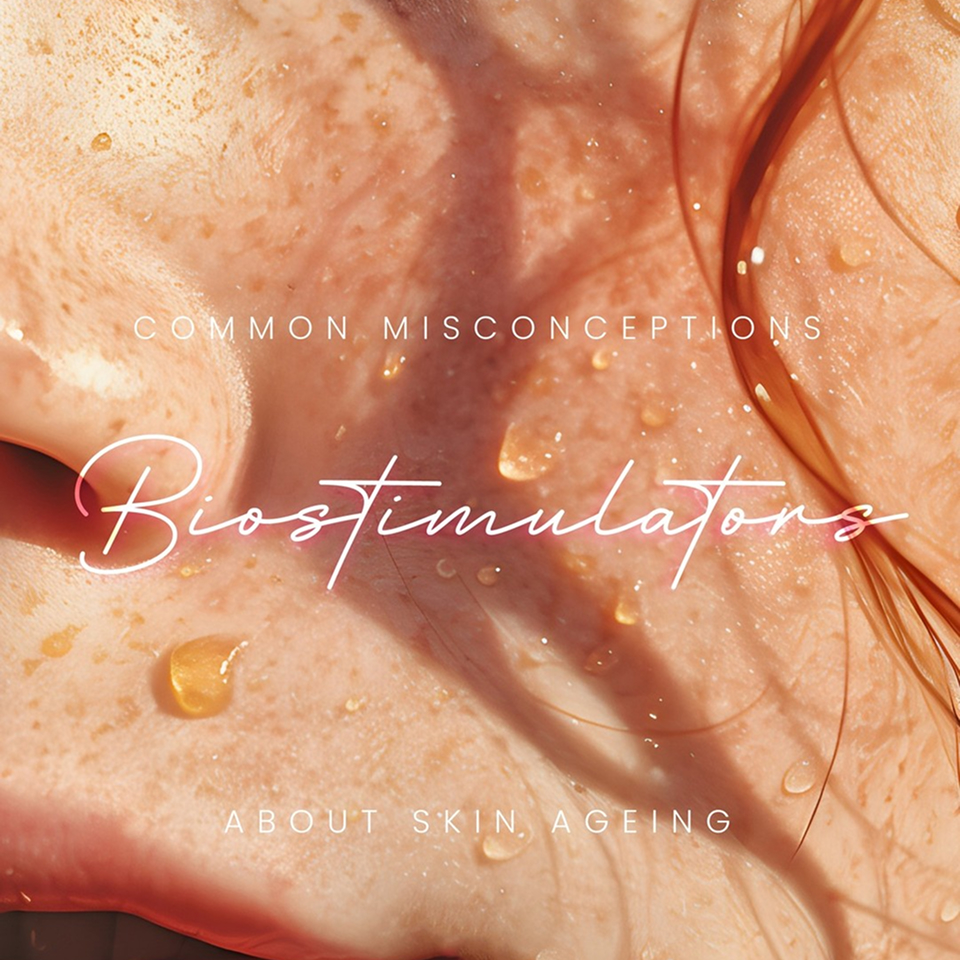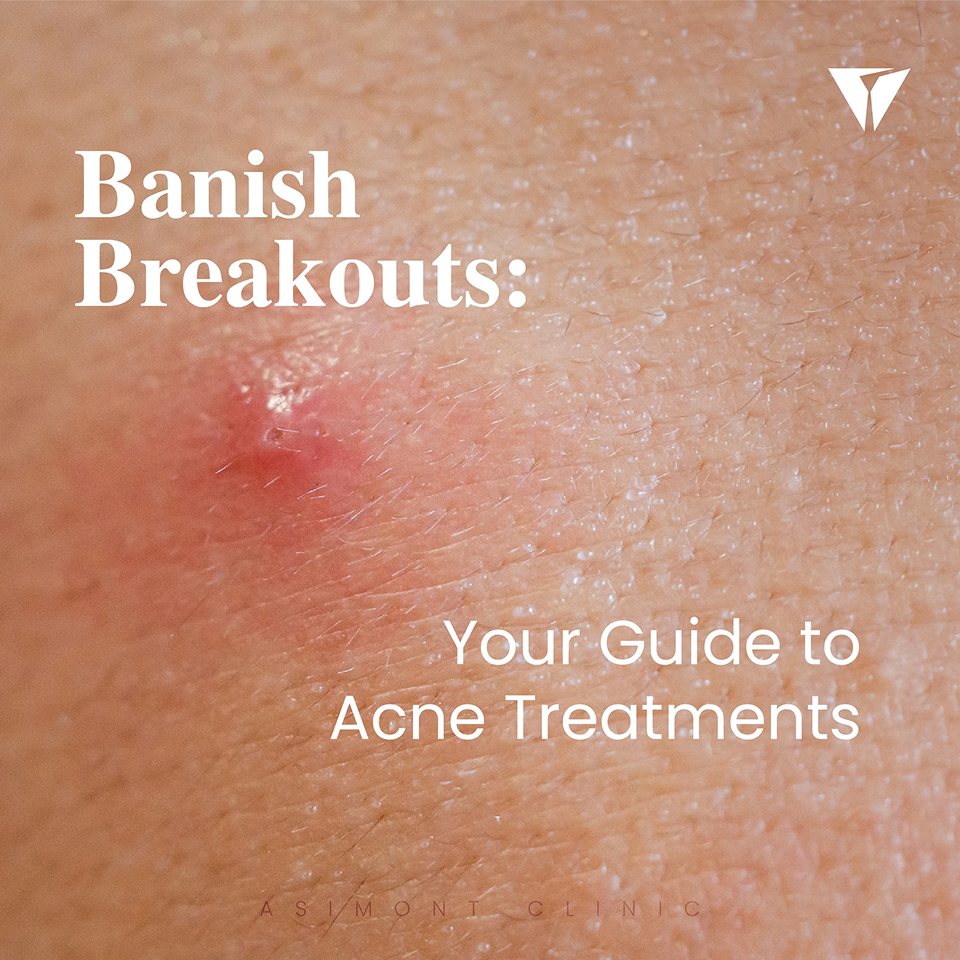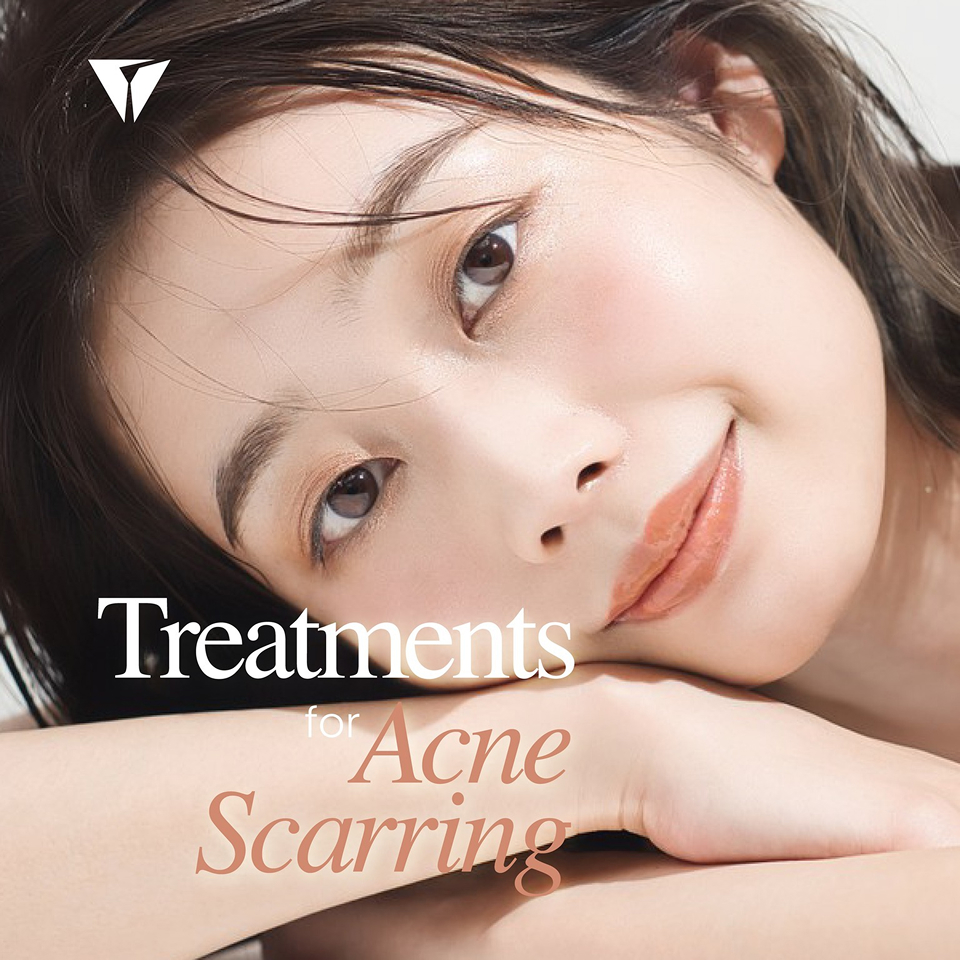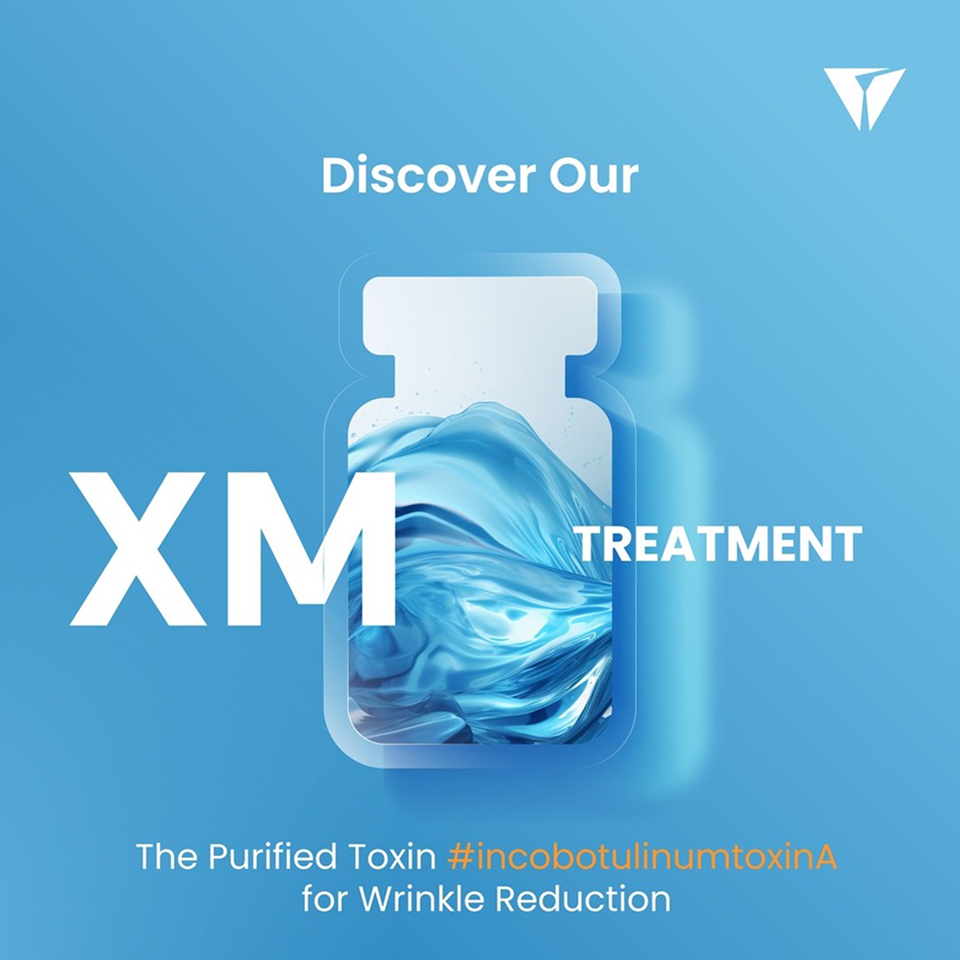Our clinical process ensures you receive supportive and well-rounded care:
-
Personalised Medical Review: Your doctor will assess your menstrual history, symptoms, and family health background.
-
Physical & Pelvic Examination: A thorough assessment to check for signs of tissue thinning, dryness, or other concerns.
-
Consideration of Additional Tests: Investigations such as a bone mineral density scan (DEXA) or relevant blood work may be recommended.
-
Lifestyle & Risk Factor Review: Your doctor will discuss cardiovascular health, bone protection, and cancer screening (e.g. mammogram, Pap smear).
-
Symptom Management Plan: Based on your needs, an appropriate mix of lifestyle, dietary, and medical interventions will be offered.









